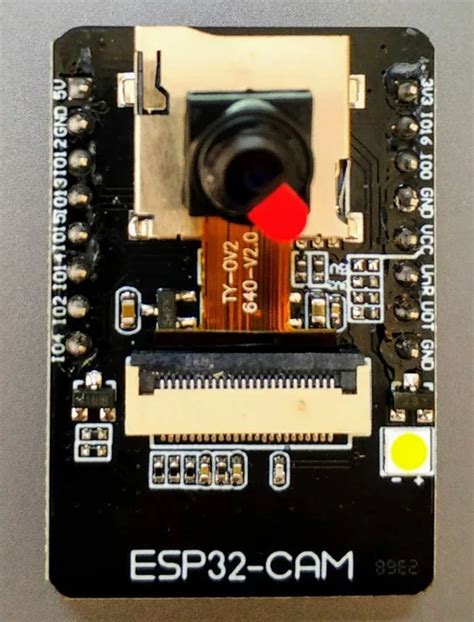2513 was using an esoteric environment, and the user wasn't willing to answer the questions asked. I was unable to re-create their environment as described.
2507 was from a user with no experience with arduino to make sure the correct information was compiled for the RTPS functions. Another expert user was able to compilke and test as 'proof of concept' but it never went any further.
2493 went all over the board, ended up as a beginners tutorial. Ran into issues with encrypted RTSP output (unsupported in motionEyeOS or motionEye
1952 wasn't able to find a consistent answer, before my time.
The real issue is that some of the esp32 sketches don't follow the same standards as most of the RTSP cameras out there (or even the jpeg/mjpeg). I run several different branded cameras that all work (personal preference is FosCam).
The best resource for working URLs I've found is: here
There is just too much variability between the versions various devs modify to work, and the ones that do work usually are following good standards for their output.
Preliminary Docs
I confirm that I have read the CONTRIBUTING guide before opening this issue.
I confirm that I have read the FAQ before opening this issue.
I saw these posts that mention ESP32, but they are both closed with no resolution : https://github.com/motioneye-project/motioneyeos/issues/2513 https://github.com/motioneye-project/motioneyeos/issues/2507 https://github.com/motioneye-project/motioneyeos/issues/2493 https://github.com/motioneye-project/motioneyeos/issues/1952
motionEyeOS Version
I am running motionEyeOS version: motionEye Version : 0.42.1 Motion Version : 4.3.1 OS Version : motionEyeOS dev20201026
Board Model
Raspberry Pi3 B running MotionEyeOS
Camera
I am using the following type of cameras
Network Camera Simple MJPEG Camera
My camera model are
A locally connected (to Pi 3 with Camera interface) - Night vision camera module for Raspberry Pi - https://www.pishop.ca/product/night-vision-camera-module-for-raspberry-pi/
A network camera - the AI Thinker ESP32 with Camera
running firmware built from this repo https://github.com/circuitrocks/ESP32-RTSP
As directed in the ESP 32 boot up serial output, I use the following URL for network setup in MotionEyeOS
rtsp://192.168.0.137:8554/mjpeg/1
Network Connection
My motionEyeOS unit is connected to the network via: Pi3 WiFi
Peripherals
I am using the following peripherals that I consider relevant to this issue:
Power Supply for Pi 3 is official Pi Adapter 5 volt up to 2 Amp Power Supply for is 5.1 volt up to 2 Amp
Log Files
I consider the following log files relevant to this issue:
On the ESP32 the Serial/UART log shows the ESP 32 (and Camera) are connect sometimes, with the request for the stream hitting the right end point
17:05:37.934 -> WiFi connected with IP 192.168.0.199 17:05:37.934 -> Stream Link: rtsp://192.168.0.199:8554/mjpeg/1 17:05:37.934 -> 17:05:37.934 -> RTSP task up and running 17:05:45.444 -> RTSP client started connection 17:05:45.444 -> Creating TSP streamer 17:05:45.444 -> Created streamer width=800, height=600 17:05:45.444 -> Creating RTSP session 17:05:46.527 -> RTSP received OPTIONS 17:05:47.572 -> RTSP received DESCRIBE 17:05:48.718 -> RTSP received SETUP 17:05:50.128 -> RTSP received PLAY
Explanation
The Local Camera connected directly to the Pi 3 host running MotioneEyeOS works all the time. Occasionally the ESP 32 works and MEOS displays the picture. But most of the time MEOS displays
"Unable to Open Video Device"
I can see the ESP32 local UART output is showing the stream request coming from MotionEyeOS
RTSP received OPTIONS
But most of the time this OPTIONS sending from MEOS is just repeated, its like the client (browser) is resetting the connection - or just re-trying rather than waiting. Any ideas on this ?